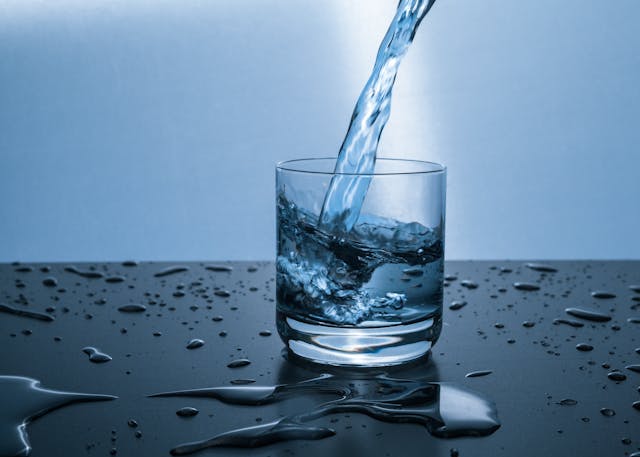For individuals with Ulcerative Colitis (UC), maintaining proper hydration and nutrition is crucial, especially when incorporating exercise into their routine. Dehydration and nutritional deficiencies not only exacerbate UC symptoms but can also hinder recovery and performance during physical activities. This article provides essential tips on how to stay hydrated and adequately fueled before, during, and after workouts to ensure that those with UC can exercise effectively and safely.
Understanding the Importance of Hydration
Hydration is particularly critical for UC patients because their condition often leads to increased fluid loss, particularly during flare-ups. The risk of dehydration can be higher, especially when engaging in exercise, which naturally increases fluid requirements. Effective hydration strategies include:
Before Exercise
Start hydrating several hours before exercising. Drinking 17 to 20 ounces of water two to three hours before exercise can help ensure that you begin your workout in a hydrated state.
During Exercise
It’s recommended to drink 7 to 10 ounces of water every 10 to 20 minutes during exercise to replace fluids lost through sweat. For longer or more intense workout sessions, consider a sports drink with electrolytes to help replace sodium and other minerals lost during exercise.
After Exercise
Rehydrate with 16 to 24 ounces of water for every pound lost during exercise. Observing the color of your urine can be an effective way to monitor hydration status; aim for a light straw color as an indicator of proper hydration.
Nutrition Needs for Ulcerative Colitis Patients When Exercising
Nutrition plays a key role in energy levels and recovery, particularly for UC patients who may experience nutrient absorption issues. Here’s how to manage nutritional intake around workouts:
Pre-Workout Nutrition
Focus on easily digestible foods that provide a mix of carbohydrates and protein. A small meal or snack eaten one to three hours before exercising can help fuel your activity without causing discomfort. Suitable options might include a banana with a small amount of peanut butter or a low-fiber cereal with almond milk.
During Exercise
For most people, eating during exercise isn’t necessary unless you’re participating in endurance activities lasting longer than an hour. In such cases, a small, carbohydrate-rich snack can be helpful. Options suitable for UC patients might include a piece of fruit or a granola bar designed for easy digestion.
Post-Workout Nutrition
After exercising, aim to eat within 45 minutes to an hour to optimize recovery. This meal or snack should contain both carbohydrates to replenish glycogen stores and protein to aid muscle repair. Examples include a yogurt smoothie with berries, a turkey and avocado wrap, or a bowl of rice with cooked vegetables and lean protein.
Tips for Managing UC Symptoms
- Choose Low-Fiber Options: High-fiber foods can aggravate symptoms during flare-ups, so it’s wise to opt for low-fiber alternatives, particularly close to exercise times.
- Monitor Food Triggers: Be aware of any specific foods that trigger your UC symptoms and avoid them, especially before exercising.
- Keep a Food and Exercise Diary: Tracking what you eat and how you feel during and after exercise can help identify patterns and food triggers, allowing for better management of your condition.
- Consult with a Dietitian: A dietitian who specializes in ulcerative colitis can provide personalized advice and meal plans that cater to your individual health needs and exercise goals.
Conclusion
For UC patients, staying hydrated and maintaining proper nutrition are integral to managing their condition and enhancing their exercise performance. By following these tailored hydration and nutrition tips, individuals with UC can support their overall health and ensure that they are getting the most benefit from their workouts. As always, it’s crucial to consult healthcare providers before making significant changes to your exercise or dietary habits, particularly when managing a chronic condition like Ulcerative Colitis.


